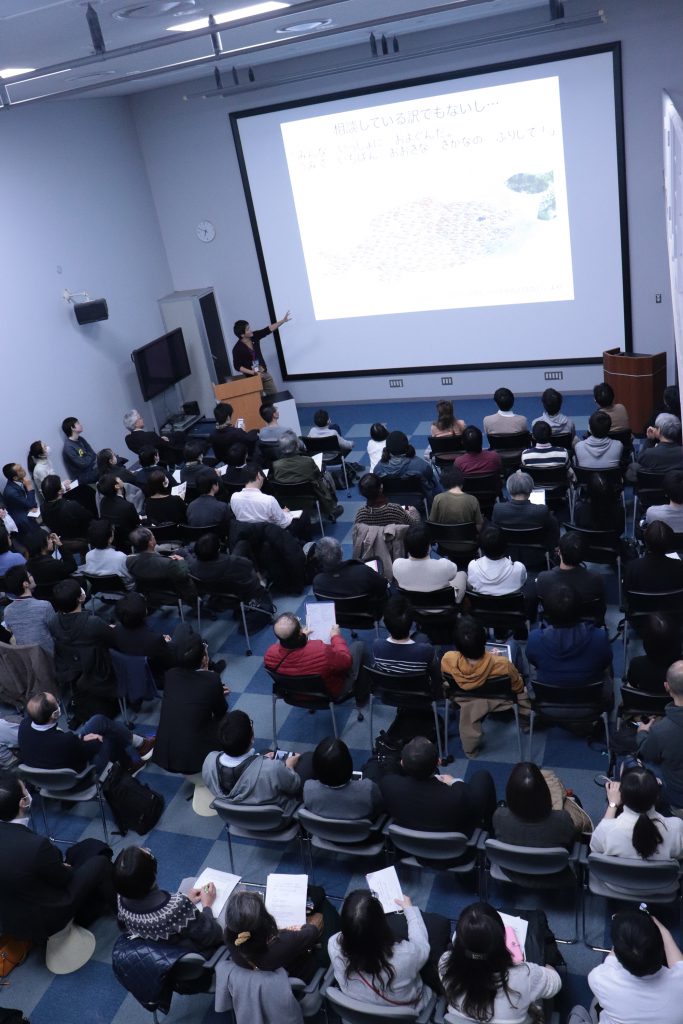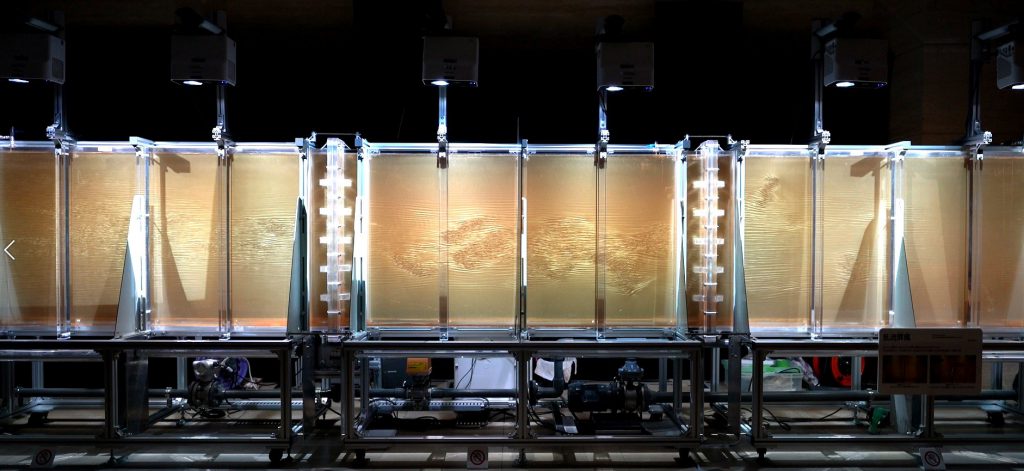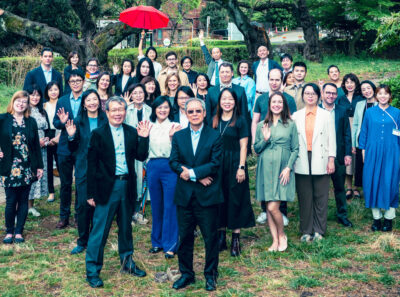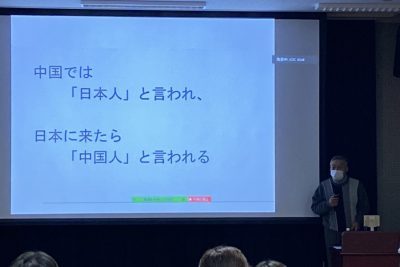Magnets, swirling flows, flocking birds, all those phase transitions?
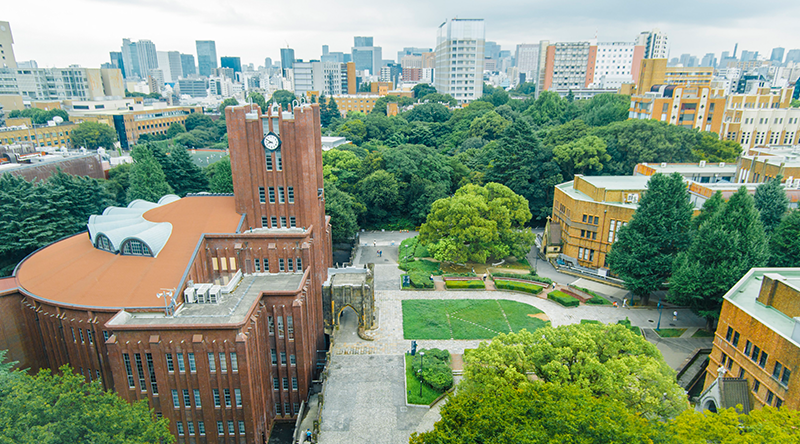
Our motto here at Tokyo College is “Sharing the Joy of Discovery and the Power of Knowledge”. We believe that researchers and the public are no different in desiring to learn more about nature and the world. At Tokyo College, we are aiming to share the joy and excitement of discovery and the wisdom of the world.
Related to this concept, an exhibition entitled “Phase Transitions: The Wonder and Beauty of Physics” is now being held at the National Museum of Nature and Science (NMNS, Ueno Park) as a collaborative event with the University of Tokyo (until February 9). Some days ago, we also organized collaborative lectures to accompany the exhibition.
What is a phase transition? Many people might worry that concepts in physics are difficult to understand. But in fact, phase transitions are everyday phenomena: ice melts into water, water boils into steam, and cooled steam produces snow crystals – all these are phase transitions, i.e. the phenomenon when the same material changes its appearance and physical properties under different conditions.
Not only water, but also liquid crystals used in LC displays and even magnets show phase transitions. These phenomena can be experienced at the exhibition in an accessible manner through live experiments and computer simulations. One highlight is the so-called “turbulence byobu”, so called because the appearance of the setup resembles a Japanese classical folding screen or byobu. It ceaselessly produces golden swirls of water in beautiful, never-repeating patterns. You may wonder how this relates to magnets and phase transitions? The answer is that physicists are currently debating whether the transition from an ordered (laminar) flow to an irregular (turbulent) flow like this might in fact be a type of phase transition. Moreover, it is thought that even our universe was created through phase transitions. Physicists are even considering that phase transitions might be useful in understanding the curious movements of schools of fish and flocks of birds.
Are you still feeling uneasy about phase transitions? Another everyday situation in which they occur is cooking. Even if you rarely cook, if you boil water to brew a cup of coffee to wake up in the morning or enjoy a whisky on the rocks after a long day, you have already mastered phase transitions!
If you are interested, please do come and visit the National Museum of Nature and Science in Ueno Park and experience the deep connection between physics and everyday phenomena.
Tokyo college will organize more lectures and events to share the joy of discoveries. Stay tuned.
